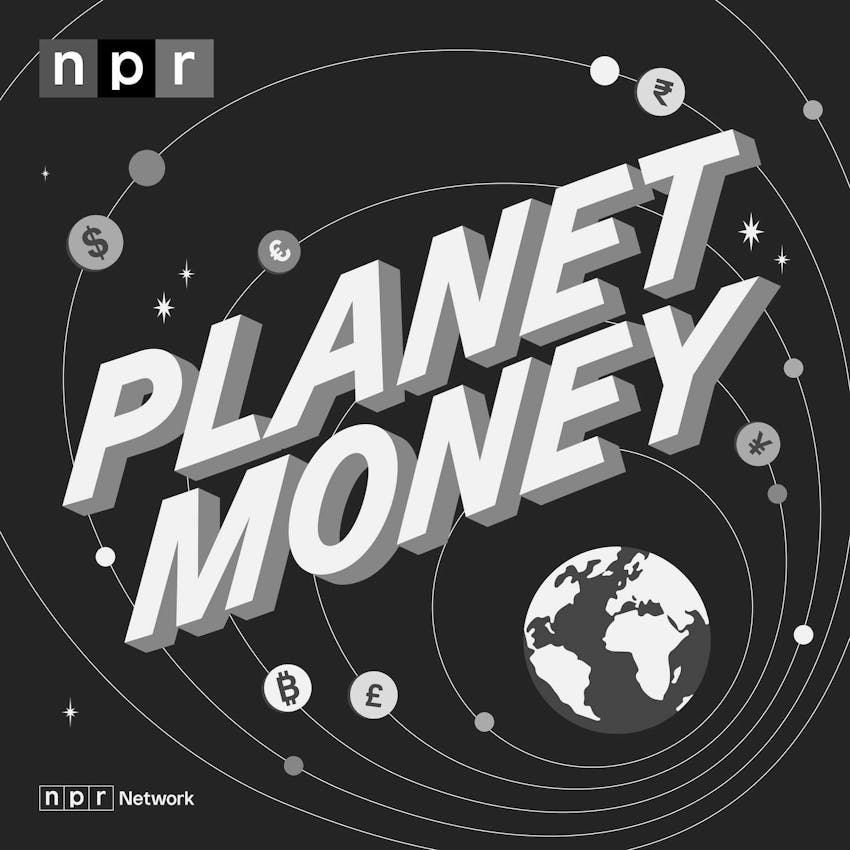21 minutes |
Apr 17, 2024
Grocery prices, credit card debt, and your 401K (Two Indicators)
24 minutes |
Apr 12, 2024
TikTok made me deduct it
21 minutes |
Apr 10, 2024
How much does this cow weigh? (Classic)
27 minutes |
Apr 5, 2024
Japan's Lost Decades
33 minutes |
Apr 3, 2024
The real estate industry on trial
27 minutes |
Mar 29, 2024
How much of your tax dollars are going to Israel and Ukraine
28 minutes |
Mar 27, 2024
The trouble with Table 101 (Update)
25 minutes |
Mar 22, 2024
What is Temu?
26 minutes |
Mar 20, 2024
How Big Steel in the U.S. fell
27 minutes |
Mar 15, 2024
The billion dollar war behind U.S. rum
20 minutes |
Mar 13, 2024
Wind boom, wind bust (Two Windicators)
29 minutes |
Mar 8, 2024
On the Oscars campaign trail
26 minutes |
Mar 6, 2024
Is dynamic pricing coming to a supermarket near you?
30 minutes |
Mar 1, 2024
Shopping for parental benefits around the world
28 minutes |
Feb 29, 2024
The secret world behind school fundraisers
29 minutes |
Feb 23, 2024
A controversial idea at the heart of Bidenomics
23 minutes |
Feb 21, 2024
Two Indicators: Economics of the defense industry
20 minutes |
Feb 16, 2024
How the Navy came to protect cargo ships
30 minutes |
Feb 15, 2024
It's giving ... Valentines
22 minutes |
Feb 9, 2024
A lawsuit for your broken heart

